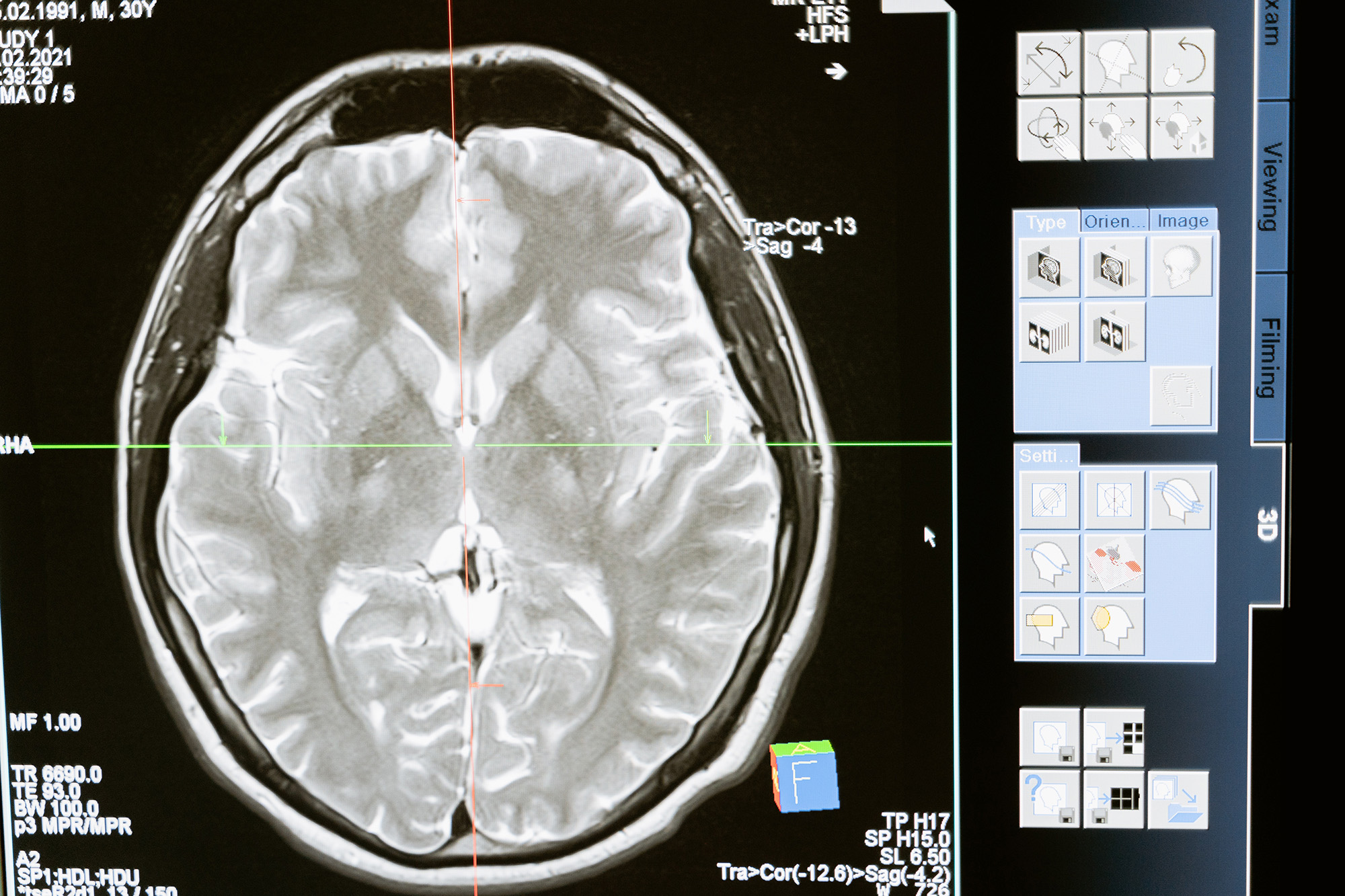Traumatic brain injury (TBI) is a severe medical condition that affects millions of people worldwide. It occurs when an external force causes damage to the brain, leading to a range of physical, cognitive, and emotional impairments.
Introduction
The care sector has long been associated with rigid working patterns, but times are changing. With the increasing demands and challenges faced by both care providers and employees, the concept of flexible working is gaining momentum. In this blog post, we will explore the benefits and challenges of flexible working in the care sector, and discuss how it is transforming the industry.
Benefits of Flexible Working in the Care Sector:
- Improved Work-Life Balance: Flexible working arrangements allow care professionals to juggle their personal and professional responsibilities more effectively. They can better accommodate family commitments, pursue further education, or engage in personal pursuits, leading to greater job satisfaction and overall well-being.
- Enhanced Staff Retention: The care sector often struggles with high turnover rates. By introducing flexible working options, employers can attract and retain talented individuals who are seeking a better work-life balance. This, in turn, helps organisations maintain a more stable workforce and provide consistent care to their clients.
- Increased Staff Morale and Productivity: By offering flexibility, care providers empower their employees to have a say in their work schedules. This autonomy fosters a sense of empowerment and trust, leading to higher job satisfaction and increased productivity. When employees have control over their working hours, they are more likely to be engaged and motivated.
Challenges and Solutions:
- Staffing and Scheduling: One of the main challenges in implementing flexible working arrangements in the care sector is ensuring adequate staffing levels. Care providers need to carefully plan and schedule shifts to ensure that there is always enough staff available to meet the needs of their clients. Utilising technology and implementing robust scheduling systems can help overcome this challenge.
- Maintaining Continuity of Care: Providing consistent care is essential in the care sector. Flexible working arrangements can potentially disrupt the continuity of care, as different employees may be assigned to different shifts. To address this challenge, care providers can establish clear communication channels, maintain comprehensive client records, and implement effective handover processes to ensure a seamless transition between care providers.
- . Balancing Staff Preferences: Flexibility means different things to different people. Care providers must strike a balance between meeting staff preferences for flexible working while still meeting the operational needs of the organisation. Regular communication, feedback mechanisms, and collaborative decision-making can help find the right balance that benefits both the employees and the organisation.
Flexibility at Sonderwell
Flexible working is revolutionising the care sector, offering benefits to both care professionals and organisations. By embracing flexibility, the care sector can attract and retain talented individuals, improve staff morale and productivity, and provide better care to clients. While challenges exist, they can be overcome through effective planning, communication, and the use of technology. As the demand for care services continues to grow, flexible working is becoming an essential component of the care sector, heralding a new era of work-life balance and improved employee well-being. Sonderwell is proud to be supporting this shift to more flexible working patterns and you can find out more with Sonderflex.



